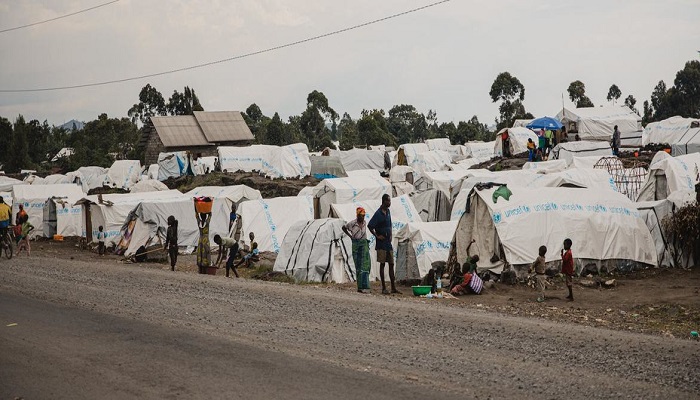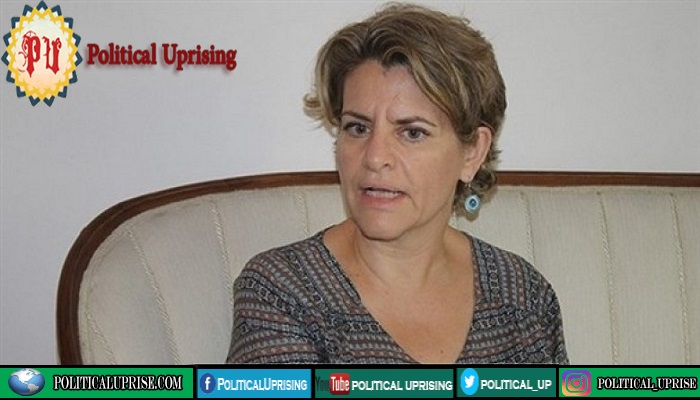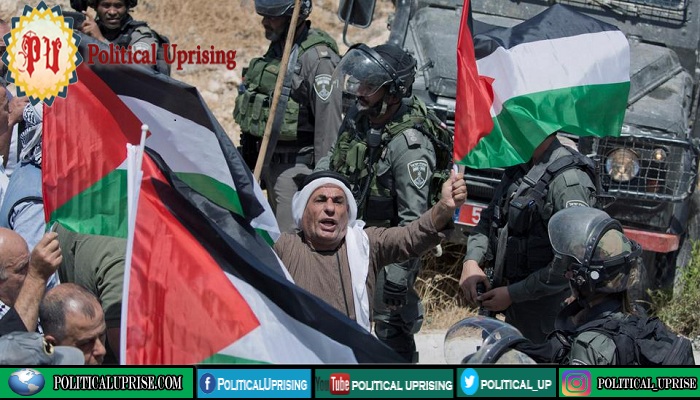MONUSCO and OCHA provide key insights on their roles in monitoring the DRC-M23 ceasefire and addressing the region’s growing humanitarian crisis.
As the Democratic Republic of the Congo (DRC) and the M23 armed group navigate a delicate ceasefire agreement, key insights have been shared by the United Nations Organization Stabilization Mission in the DRC (MONUSCO) and the United Nations Office for the Coordination of Humanitarian Affairs (OCHA) on their roles in monitoring the truce and addressing the growing humanitarian challenges in the region.
In a recent communication with Political Uprise News, Ndeye Khady Lo, Spokesperson for MONUSCO, highlighted the mission’s continued commitment to monitoring the political and security situation in eastern DRC, particularly in North Kivu and Ituri.
DR Congo, Rwanda Set to Draft Peace Agreement by May 2 After US Mediation
MONUSCO’s military and civilian teams are actively engaged in key hotspots, contributing to the protection of civilians, reducing tensions, and fostering dialogue through regular patrols and a visible presence in volatile areas. This proactive stance is essential to deterring violence and documenting security incidents to ensure the ceasefire is respected.

While MONUSCO withdrew its presence from South Kivu in June 2024, its teams in North Kivu and Ituri continue to work closely with the Congolese Armed Forces (FARDC) and M23 authorities to ensure coordination, minimize escalation, and protect civilians. The mission also utilizes early warning systems, such as the Community Alert Networks (CANs), to identify and prevent violence before it spirals out of control.
On the humanitarian front, Jean Jonas Yaovi Tossa from OCHA provided an urgent update on the displacement crisis and the growing humanitarian needs in both North and South Kivu. The ongoing conflict and natural disasters have resulted in significant displacement. In South Kivu alone, over 176,000 people have been displaced since January 2025, adding to the total of 226,000 newly displaced individuals between October 2024 and January 2025.
Rwanda Cuts Diplomatic Ties with Belgium
North Kivu has also experienced immense displacement, with more than 400,000 individuals forced to flee their homes in recent months.
The conditions in return areas like Masisi, where many displaced people have sought refuge, are dire. Basic services—such as healthcare, clean water, and shelter—have been destroyed by the conflict, leaving many without access to essential needs.

Cholera has become a growing threat in these regions, alongside rising malnutrition, especially among children and pregnant women. Despite efforts from humanitarian organizations, a severe funding shortfall is hindering the delivery of aid.
Both MONUSCO and OCHA are working collaboratively with various partners to ensure that aid reaches those in need. MONUSCO coordinates with local authorities, FARDC, and humanitarian organizations to facilitate access and ensure civilian protection in conflict zones.
OCHA continues to support vulnerable populations, working closely with NGOs to provide essential relief.
Although the ceasefire agreement provides a glimmer of hope, localized clashes continue to pose significant risks to stability. The international community’s ongoing support remains critical to ensuring that the ceasefire holds and humanitarian aid reaches the most affected communities.
DR Congo and M23 Rebels Agree to Ceasefire After Qatar Talks
MONUSCO and OCHA both emphasize the importance of community-level dialogue and initiatives to build long-term peace, while also addressing immediate humanitarian needs.
These insights from MONUSCO and OCHA underscore the complex challenges facing eastern DRC, as the region grapples with ongoing conflict, displacement, and a lack of resources.
The continued efforts of MONUSCO and OCHA are vital in supporting both the monitoring of the ceasefire and the urgent humanitarian response needed to alleviate the suffering of the affected population.



